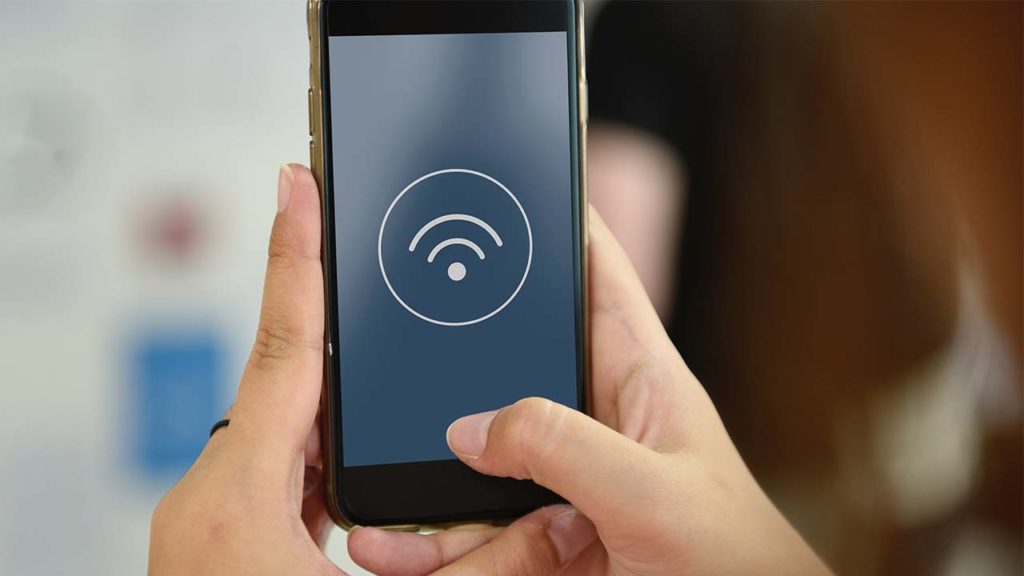If you enjoy surfing the web or living an always-online existence, then it is an exciting time to be alive. The dawn of the 5G network is upon us and it won’t be long until we soon have access to mobile internet speeds as yet unheard of. In the run up to 5G networks coming online, wireless coverage mapping company OpenSignal has been looking into download speeds on both Wi-Fi and mobile connections and it has discovered some surprising findings.

Ever wondered what WiFi actually looks like?
Click Here to Find OutMobile download speeds are now faster than Wi-Fi in many countries around the world
If you’re reading this in the U.S., UK, or Ireland then this will likely come as a surprise to you as Wi-Fi still enjoys much faster download speeds in all three countries. Those fixed networks offer faster and more reliable downloads because of mature networks that have received regular updates. This is why Wi-Fi offers faster downloads in places like Hong Kong, Thailand, Israel, and Russia.
If you’re reading this article in Australia, however, it might not be so surprising. Australians are able download over mobile networks a whopping 13Mbps faster than they can do over Wi-Fi. There is a similar situation to be found in France, Mexico, Turkey, and South Africa.
Interestingly, OpenSignal highlights the fact that anybody can set up a Wi-Fi network as a potential problem that could lead to congestion of the airwaves and slower download speeds. Surprisingly, mobile networks can offer a much more stable download experience due to the heavily licensed nature of their networks.

How Do I Know if Someone Is Stealing my Wi-Fi Connection?
Find out nowIs it time to ditch the router?
OpenSignal doesn’t make any direct calls for users to ditch their Wi-Fi router and flee to mobile companies just yet, but the company does highlight some interesting findings. Now, in 63% of the nations studied where 4G is available, mobile networks offer quicker speeds than Wi-Fi. As countries begin to turn on their 5G networks, this number will grow further. It is also highly likely that 5G implementation will happen much quicker than broadband networks can be updated, due to the intense effort required to upgrade cables that often lie underground.

This could be the beginning of the end for WPA2 Wi-Fi
Discover the future of Wi-FiThere is more. In a report by the BBC, another company that specializes in measuring internet coverage and download speeds, RootMetrics, highlighted the fact that not everyone will experience the benefits of 5G. Head of Product at RootMetrics, Kevin Halsey, said, “The infrastructure deployed for 5G will likely not extend into remote areas… Wi-Fi will remain an important tool for the provision of fast internet connections for a segment of the populous.” If you’re living in a remote area then, you’ll likely still rely on your broadband connection even after 5G has landed in the big cities and towns.

Why China is winning the race to 5G
Read Now ►Whether your mobile or Wi-Fi data connection has a faster download speed all depends then on the country that you’re in and which particular part of the country, too. If you’re in a country like Australia, you might want to look at your Wi-Fi settings because automatically connecting to a Wi-Fi network might be harming your download speeds.
The other big thing to consider here though is your mobile data plan. Broadband subscriptions usually come with unlimited data whereas mobile plans do not. Downloading over your mobile network might rack up huge extra costs. As 5G starts to come online though, we might start to see an evolution in mobile data plans that reflect the superior speeds offered by the mobile networks. Hold on tight. The future could get a bit bumpy.

